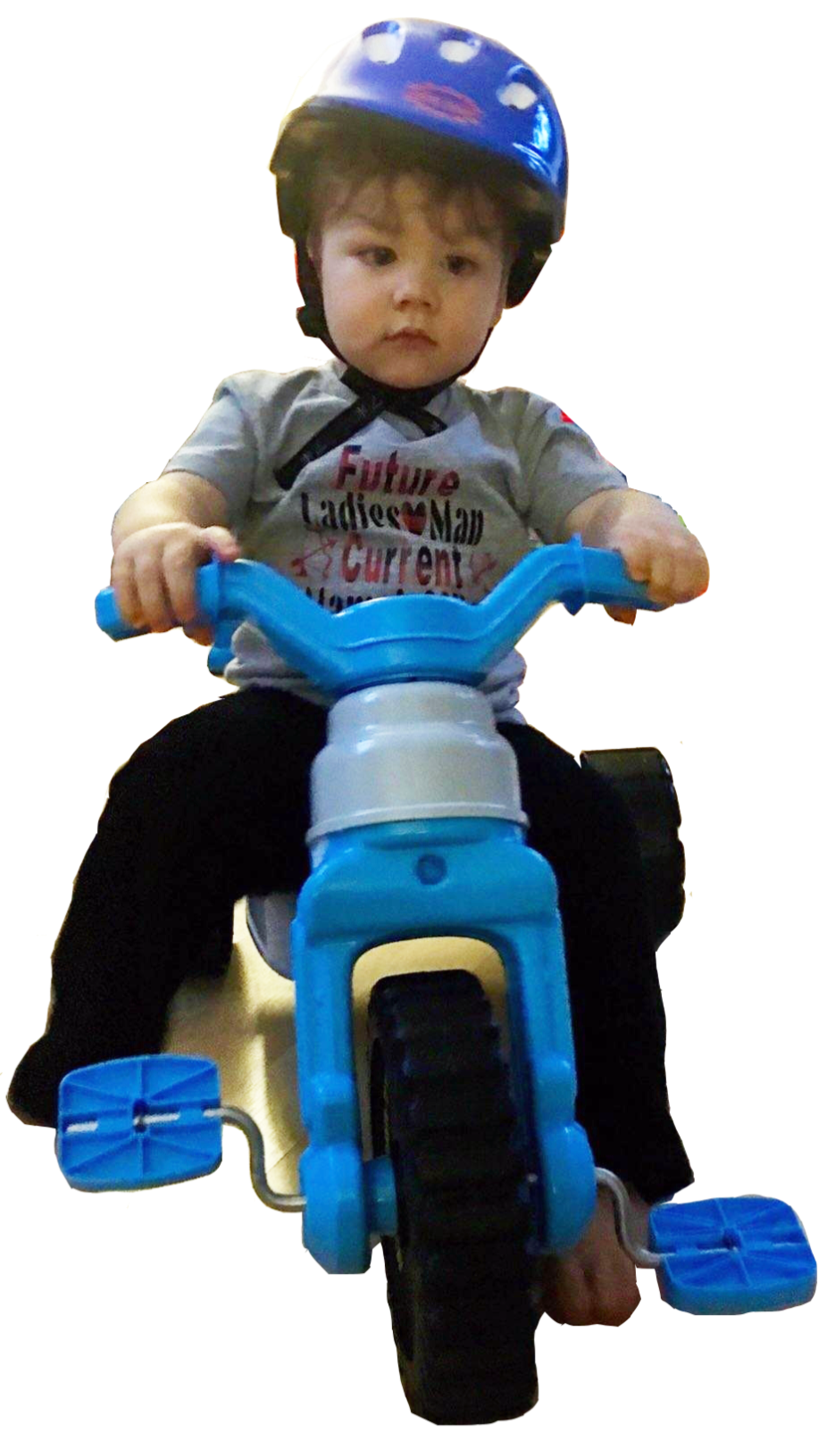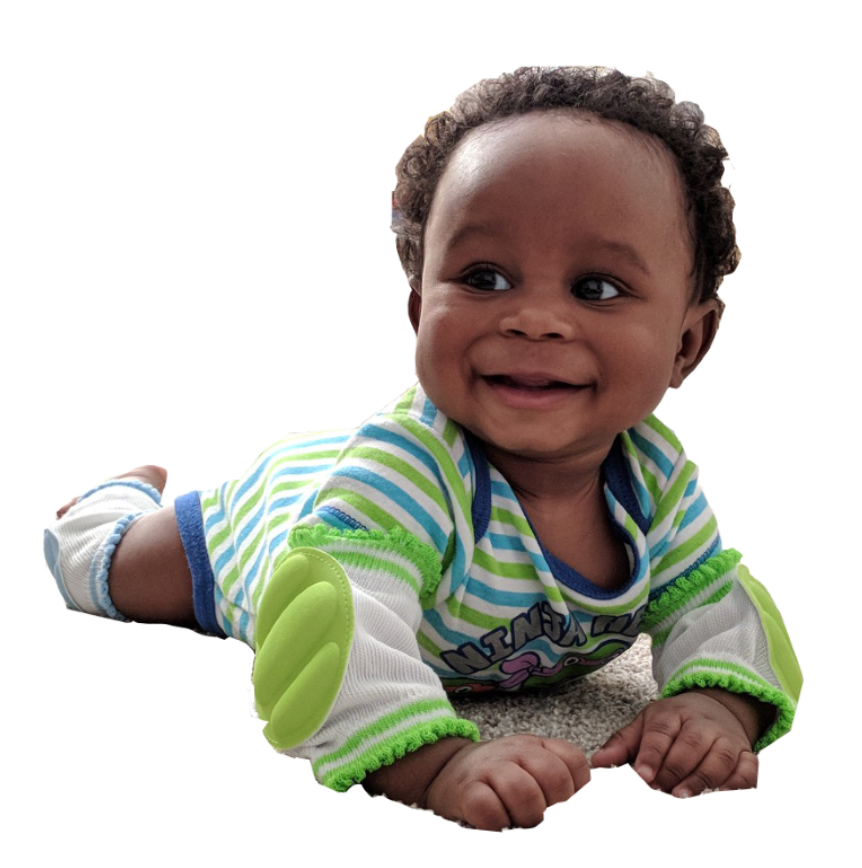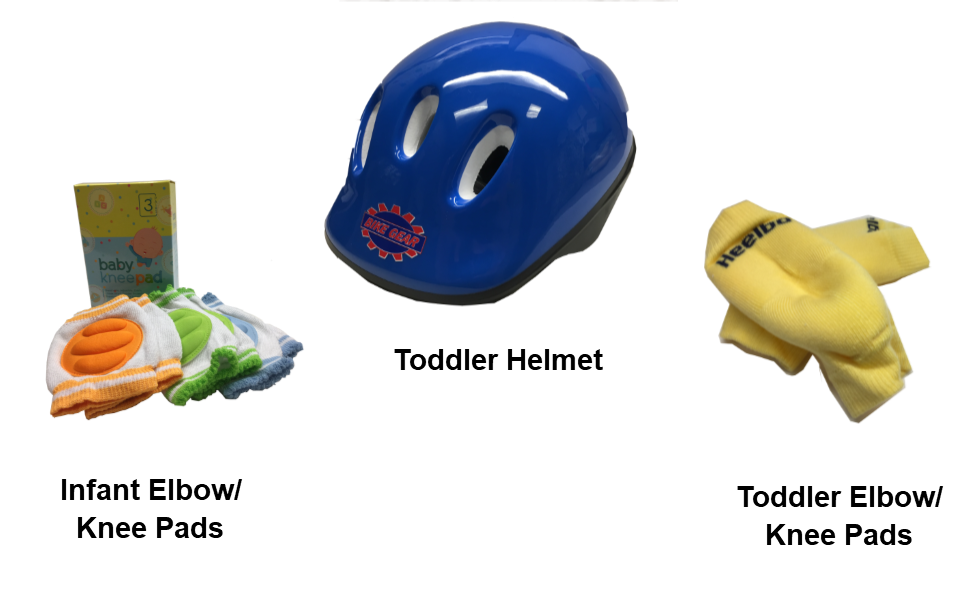Keeping Your Toddler Safe at Home
According to the Centers for Disease Control and Prevention (CDC), the number one cause of death in children ages 1-3 years is unintentional injury. Injuries at home can be prevented. You play an important role in keeping your child safe -- no matter how old he or she is. Here are some tips for keeping your child safe in your home.
Safety Tips
• Tape or glue foam pads to the sharp edges of counters and coffee tables.
• Do not use baby walkers.
• Use gates to block both the bottom and top of stairs to avoid falls.
• Use netted crib covers to prevent your baby from falling out of his/her crib, or let him/her sleep on a mattress on the floor when he/she starts crawling out of the crib.
• Place non-skid strips on the floor of the shower or bathtub. Help your child in and out of the tub until he/she is old enough to manage without falling.
• Sew padding to the knees and seat of your toddler’s pants to reduce bruising from falls.
• Make sure your toddler wears shoes to protect his/her feet. High-top sneakers provide good ankle support to prevent ankle bleeds.
• Use athletic elbow and knee pads to protect against joint bleeds caused by falls.
• Consider getting your child a Big Wheel® tricycle. They are generally more stable and closer to the ground than regular tricycles.
• Insist that all children wear a helmet when skating, cycling, etc. Some parents have their child with severe hemophilia wear a protective helmet when learning to walk, run, and climb.
• Avoid excessive roughhousing.

If you have a toddler with a bleeding disorder, you may wonder if he/she will be able exercise and play sports. Children should get plenty of exercise. Activity builds strong muscles to protect joints. Regular exercise strengthens muscles and protects joints, which can help reduce spontaneous bleeding. Most experts recommend that children with bleeding disorders avoid contact sports because of the higher risk of head and abdominal injuries.
Keeping your child safe may seem overwhelming. The Hemophilia of Georgia and Beacon pharmacies are here to help. We provide elbow and knee pads as well as special helmets designed for toddlers (with additional protection from a forward-fall). Call the pharmacy for more information. 
